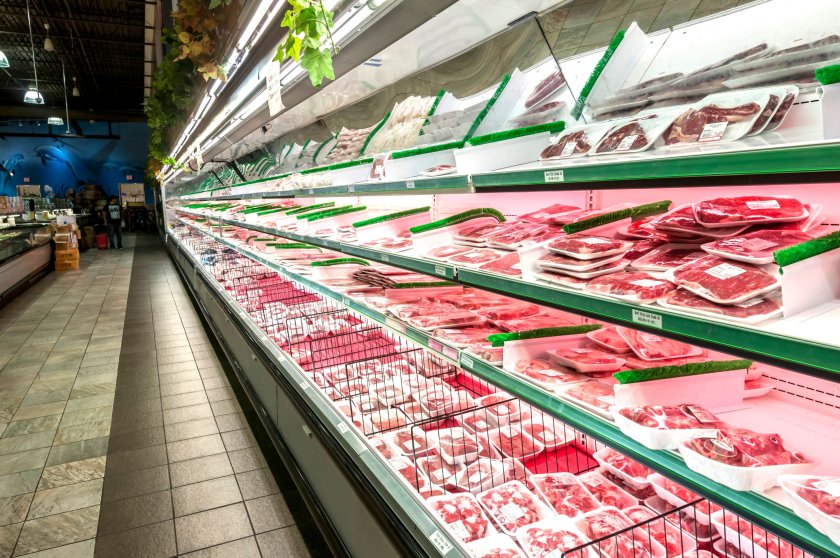
Booths has been named the retailer which has been ordered by the National Food Crime Unit (NFCU) to remove pre-packed beef mislabelled British.
The unit, a dedicated law enforcement function of the Food Standards Agency, is investigating the potential case of food fraud involving pre-packed sliced beef which came from South America and Europe.
Booths confirmed that it has removed the mislabelled products and halted trading with the supplier as soon as it was alerted.
The northern-based retailer said it was "working closely and cooperatively" with the NFCU, and insisted it was "categorically" not under investigation.
The NFCU has stated that while Boots is not under investigation, the food business which supplied the beef products is.
Andrew Quinn, deputy head of the NFCU, said the investigation was "not a food safety issue, but a matter of food fraud".
"The retailer was notified on the same day that we took action against the food business suspected of the fraud and immediately removed all affected products from their shelves.
"The retailer continues to work closely and co-operatively with the NFCU investigation to progress the case against the supplier."
He added: "Any fraud investigations of this nature take time to go through evidence and bring to any outcome, including any potential prosecution.
"We take food fraud very seriously and are acting urgently to protect the consumer."
The potential case of food fraud comes ten years on from the horse meat scandal, when horsemeat entered the UK's food supply chain.
The meat was found in a series of beef products that reached the supermarket shelves – resulting in millions of products being withdrawn.
At the recent NFU Conference, the union's president Minette Batters warned against the possibility of another food scandal rocking the industry.
She said: “Ten years on from the horsegate scandal, we cannot afford to be so complacent about the risks that continue to exist.”
Although the food industry has since taken steps to make food safer, John Pallagi, founder of online butcher Farmison & Co, recently warned that the supply chain remains vulnerable.
He said that more than ever consumers were demanding – and deserved to see – full traceability of produce.
“The horse meat scandal undoubtedly inspired a great deal of scrutiny from retailers into their supply chains at the time, but I wonder what reforms have been introduced.
“I fear the answer isn’t enough – and that meat food supply chains remain as opaque and difficult to trace as ever.
"Reputation management – I would venture – has been more important than addressing the fundamental wrongs of these systems.”
